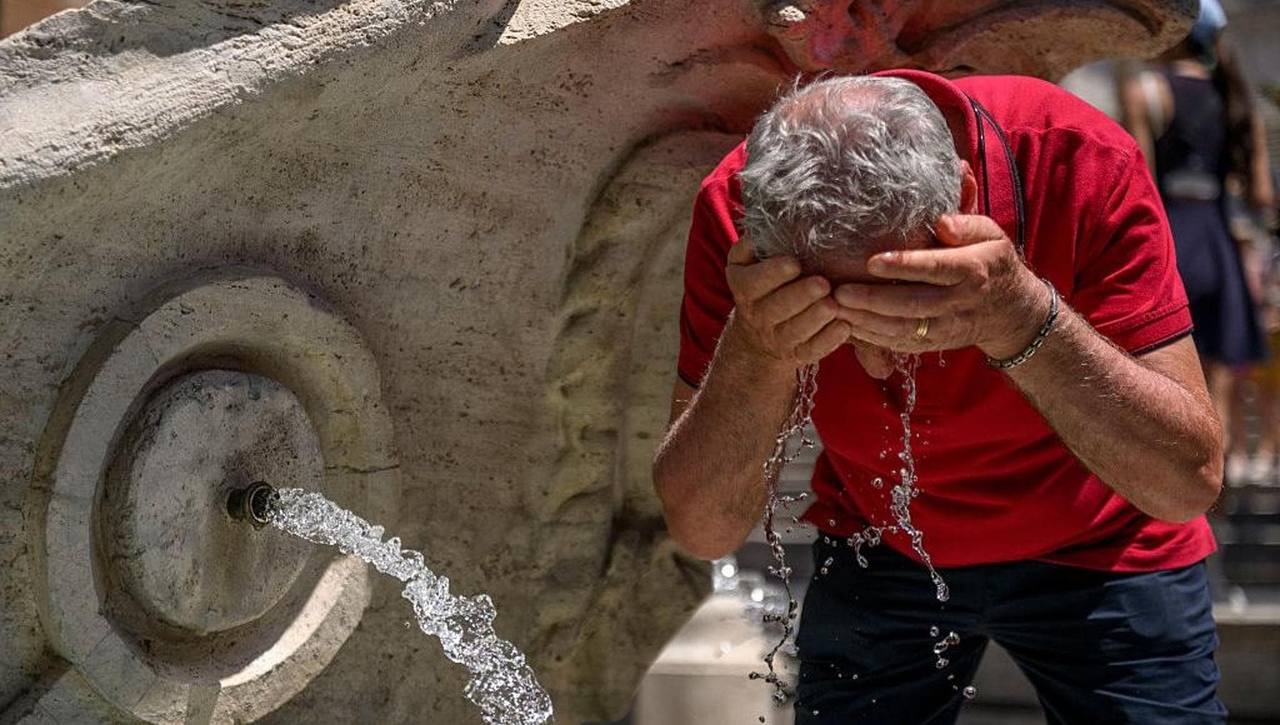Music therapy in intensive care can help patients with heart disease


In cardiac intensive care units, a little music could benefit patients, helping them manage stress and improving certain cardiac parameters. This is according to research presented at the American College of Cardiology - Latin America 2025 congress in Mexico City. The study analyzed the effectiveness of brief music therapy treatments on a small sample of patients with coronary artery disease (CAD).
The studyThe study sample consisted of 24 patients with an average age of just over 60. Half of them received music therapy, which specifically involved listening to music for 45 minutes five times a week, in addition to standard inpatient care. Music, the authors note, appears to improve the patients' physiological stability. "After the intervention, the music therapy group showed a statistically significant reduction in heart rate, systolic blood pressure, diastolic blood pressure, and asynchrony compared to the control group," the study authors explained. Specifically, this refers to patient-ventilator asynchrony, a condition in which there is a mismatch between the patient's respiratory needs and mechanical support, which can pose a risk to patients' health, for example by damaging their lungs.
More studies will be needed"Music therapy is recommended for critically ill patients worldwide, as established by the Society of Critical Care Medicine (SCCM) guidelines," commented Ilani Paola Santoyo Pérez , a student at the University of Guanajuato in León and one of the authors of the study. The SCCM guidelines , for example, while acknowledging the lack of clear evidence on the subject, recommend music therapy as a pain relief strategy, also acknowledging the absence of side effects.
"Clinicians should consider integrating music therapy into their clinical practice, as it is a safe, cost-effective, non-pharmacological, and non-invasive intervention that complements conventional treatments," Pérez continues. "By reducing physiological distress, improving patient comfort, and promoting holistic, patient-centered care, music therapy ultimately improves both the patient experience and clinical outcomes." However, larger studies will be needed to validate its effectiveness, the authors conclude.
repubblica




